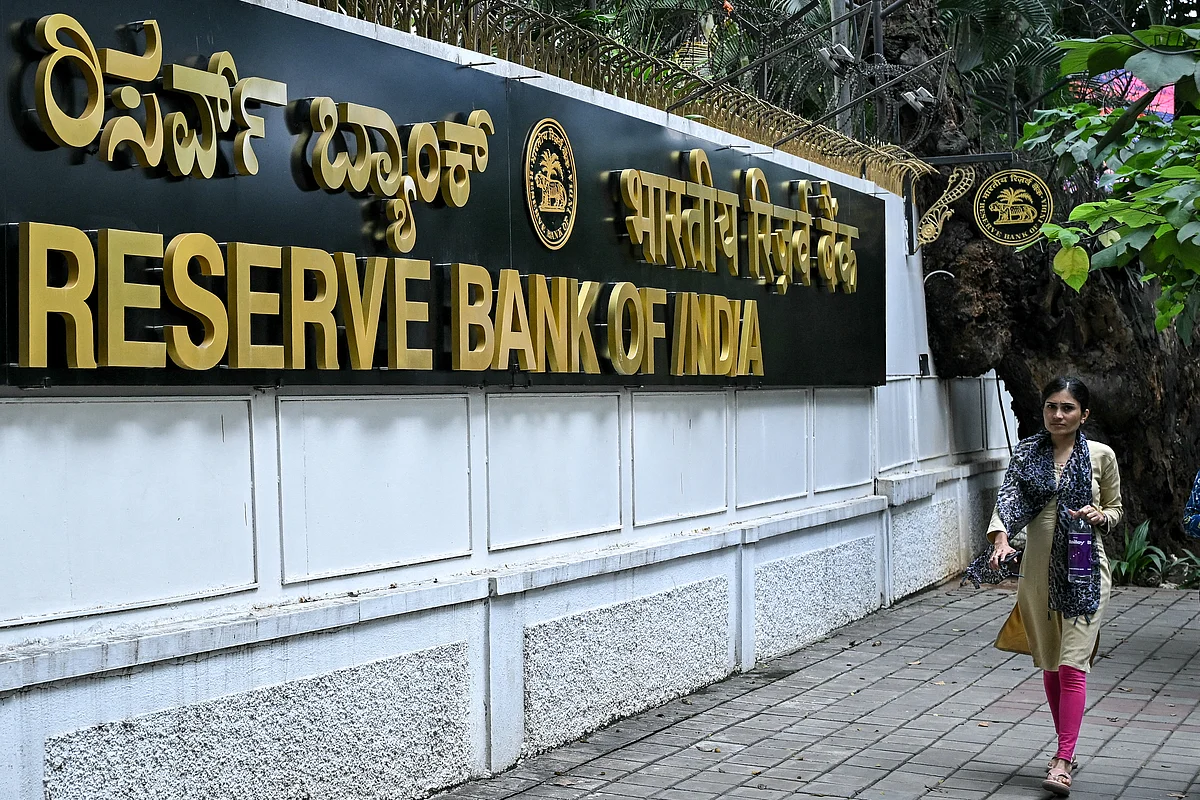
Nris In UAE: How Can I Claim My Deceased Mother's Fixed Deposits?
Question: After the passing away of my mother, I am entitled to her fixed deposits with banks as I am the only legal heir. I want to know how I should go about claiming what is due to me. Are there any guidelines in this regard?
ANSWER: The Reserve Bank of India has issued guidelines which are binding on banks to be applied when a survivor or heir of a deceased customer claims the funds lying in bank accounts/deposits. The guidelines provide that while making payment of the account balance or fixed deposit amount to a nominee or survivor of the depositor, the bank should not insist on production of legal documents such as succession certificate, probate of Will, or seek bond of indemnity from the survivor irrespective of the amount standing to the credit of the deceased account holder. In case of accounts that do not have nominee, banks can settle the total amount upto Rs.1.5 million by taking from the claimant a declaration in a RBI mandated form. The death certificate of the depositor will also have to be submitted by the claimant and the bank will be required to verify the claimant's identity.
Recommended For YouWhere the claims are above the aforesaid limit, a succession certificate alongwith the documents mentioned above would need to be obtained by the bank. Further, the claimant would be required to give a bond of indemnity and legal heir certificate. In cases involving disputes among legal heirs and/or beneficiaries named in the Will of the deceased depositor, banks are required to settle claims only on the basis of a probate certificate of the Will or letter of administration or succession certificate issued by a competent Court. Banks have been permitted by RBI to allow premature termination of term deposits without any penal charge even if there is a lock-in period applicable to such deposits.
Question: The hefty fee of U.S. $ 100,000 which is proposed to be imposed by the U.S. Government on H-1B visas will impact Indian engineers more than those of other countries. Will this also not affect U.S. based companies which will now have to pay more for attracting foreign talent?
ANSWER: Around 141,000 new H-1B visas were issued in 2024. The proposal to hike the visa fee to U.S. $ 100,000 will apply to new applicants from a date which is yet to be announced; it will not apply to existing visa holders. Some companies in the U.S. have welcomed the higher fees as the new scheme will eliminate the present lottery system and benefit high value jobs which are offered by large U.S. corporations. However, medium sized companies and smaller companies will be virtually starved of the talent pool of engineers available in India and elsewhere. Analysts believe that this proposal of fixing a high H-1B visa fee will in fact benefit India as more and more multinationals will be incentivised to set up Global Capability Centres in India where Indian engineers and research workers will find jobs. These Centres offer cost efficient services which are availed of not only by global manufacturing companies but also by Wall Street bankers.
The tech hubs of India like Mumbai, Bengaluru, Hyderabad and Gurugram which presently employ more than two million technocrats will benefit the most in view of the prevailing infrastructure already established at these centres. GCCs command a U.S. $ 64 billion market currently and are growing at 9.8% annually. By 2030, the market value is expected to touch U.S. $ 110 billion. Experts are of the view that the new visa regime will decimate the heart of the U.S. tech ecosystem and adversely affect most of the startups in America which rely to a great extent on Indian software engineers and AI specialists. These startups will now shift to India, benefiting both the country and the growing pool of Indian professionals.
Question: My friends and I have been investing in shares of real estate companies. However we have been advised that investments in real estate investment trusts is a better option. Can you throw some light on this instrument?
ANSWER: Real Estate Investment Trusts (REITs) own and operate income generating properties such as commercial spaces, offices and shopping malls. The rental income earned is distributed to unit holders, after deducting management and statutory charges. Investors in REITs earn from units without directly purchasing real estate. These are instruments which offer more stability than volatile real estate stocks which are listed.
Recently, the Securities and Exchange Board of India classified REITs as equity instruments which has given a boost to the market value of REITs. These instruments have gained popularity as an asset class among high net worth individuals and financial institutions. Reclassification of REITs as equity instruments has also attracted investments from mutual funds. Fund managers who are cautious about the risks of investing directly in real estate company equities, prefer REITs as a way to maintain exposure to this lucrative sector with relatively low volatility and minimal risks.
The writer is a practising lawyer, specialising in corporate and fiscal laws of India

Legal Disclaimer:
MENAFN provides the
information “as is” without warranty of any kind. We do not accept
any responsibility or liability for the accuracy, content, images,
videos, licenses, completeness, legality, or reliability of the information
contained in this article. If you have any complaints or copyright
issues related to this article, kindly contact the provider above.
Most popular stories
Market Research

- Casper Network Advances Regulated Tokenization With ERC-3643 Standard
- Forex Expo Dubai Wins Guinness World Recordstm With 20,021 Visitors
- Superiorstar Prosperity Group Russell Hawthorne Highlights New Machine Learning Risk Framework
- Freedom Holding Corp. (FRHC) Shares Included In The Motley Fool's TMF Moneyball Portfolio
- Versus Trade Launches Master IB Program: Multi-Tier Commission Structure
- Ozzy Tyres Grows Their Monsta Terrain Gripper Tyres Performing In Australian Summers




















Comments
No comment